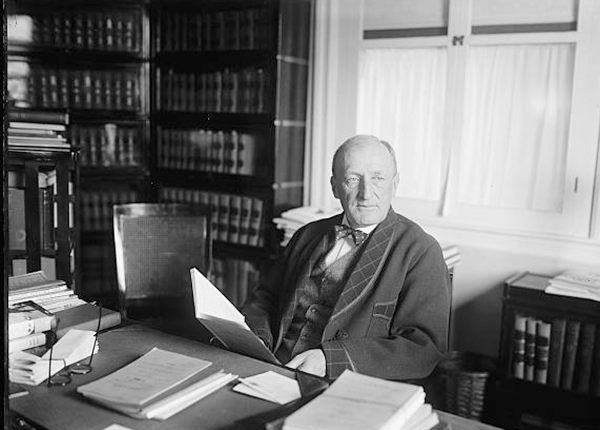Summary
Pierce v. Society of Sisters is a “substantive due process” case. Substantive due process stands for the proposition that some rights are so fundamental that the state cannot regulate them without exceptional justification, even if there is no written constitutional prohibition on the government’s power. In an era of widespread animus against Catholics, Oregon sought to shutter parochial schools and force parents to send their children to public schools. The Court struck down this law as unreasonably interfering with the liberty of a parent to raise a child in the manner that the parent sees fit.







